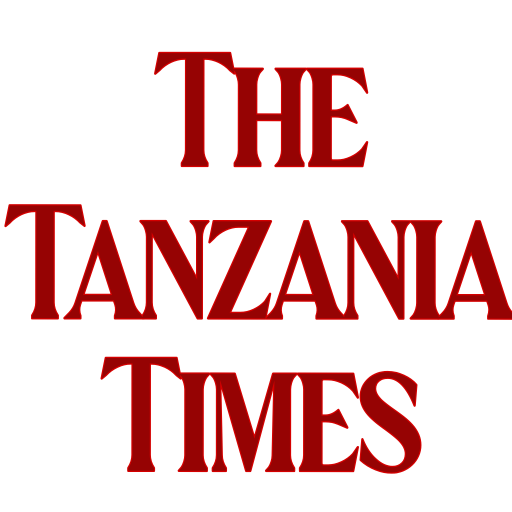As of 2022 a total of 624 indigenous standards have been adopted by East African Community Partner States.
Quite a step forward in business, resulting to Border clearance time dropping from 10 days to just 12 hours.
It has also slightly reduced inspection and clearance costs at the borders from USD 500 down to USD 400.
However, the East African Business Council reveals that some other 1880 standards have been earmarked for harmonization at the community level.
The National Standards Bureaus in EAC Partner States are on the other hand, at different levels of harmonization of standards ranging from 65 percent to 90 percent.
Due to that, the East African Private Sector is now appealing to Governments to fast-track the harmonization of the remaining East African Standards.
The call was issued during the EABC and Trademark East Africa Regional Public Private Engagement on Standards, a meeting held at Serena Hotel in Dar es Salaam.

Apparently, evidence shows harmonization of standards has boosted the regional intra-trade by 10 percent.
It was stated during the Dar-Es-salaam meeting that harmonization of standards significantly contributes to growth of intra-regional trade and competitiveness.
Levelled standards also contribute to the protection of consumers, environment conservation and overall trade facilitation.
Other notable reforms include the establishment of the Regional Standards Plan (RSP).
An online catalogue of harmonized standards has meanwhile been developed since 2021.
Burundi and South Sudan have significant administrative and capacity challenges hampering their adoption of harmonized East African Standards.
John Bosco Kalisa, is the Chief Executive of the EABC. He appeals to the EAC Partner States to Fast-tracking adoption of the Standardization, Accreditation and Conformity Assessment (SACA) Bill
In addition, manufacturers in the region call for a demand driven and low cost approach towards standards development in EAC.
The Public Private Dialogue also explored on global perspective on the use of artificial sweeteners, Nutritive and Non-Nutritive sugar.
The additives are used in manufacture of carbonated soft drinks, juices, confectioners and dairy products such as yogurt and their interlinkages to competitiveness and innovation.
The Regional Public Private Engagement on Standards is organized under the EABC-TMEA Public Private Dialogue Project for Increased Trade and Investments in the EAC, funded by The Netherlands.
Other Key issues raised include the reduction of the multiple inspections at the border and high standardization and compliance cost especially for MSMEs.
There is also the appeal for revival of the East African Business Council Standards Platform to building common positions, identify constraints, priorities and enhance capacity on standards among private sector stakeholders.
The EABC-TMEA Regional Public Private Engagement on Standards convened Officials from EAC Secretariat, National Bureau of Standards and Manufacturers Associations.
Other were Association of Burundi Industries (AIB), Tanzania Women Chamber of Commerce (TWCC), and the Eastern African Sub-Regional Support Initiative for the Advancement of Women (EASSI),.
In attendance there was also the Kenya Private Sector Alliance (KEPSA), South Sudan Chambers of Commerce Industries and Agriculture, Private Sector Foundation Uganda (PSFU), Kenya Association of Manufacturers (KAM), Coca-Cola, and Watercom.


